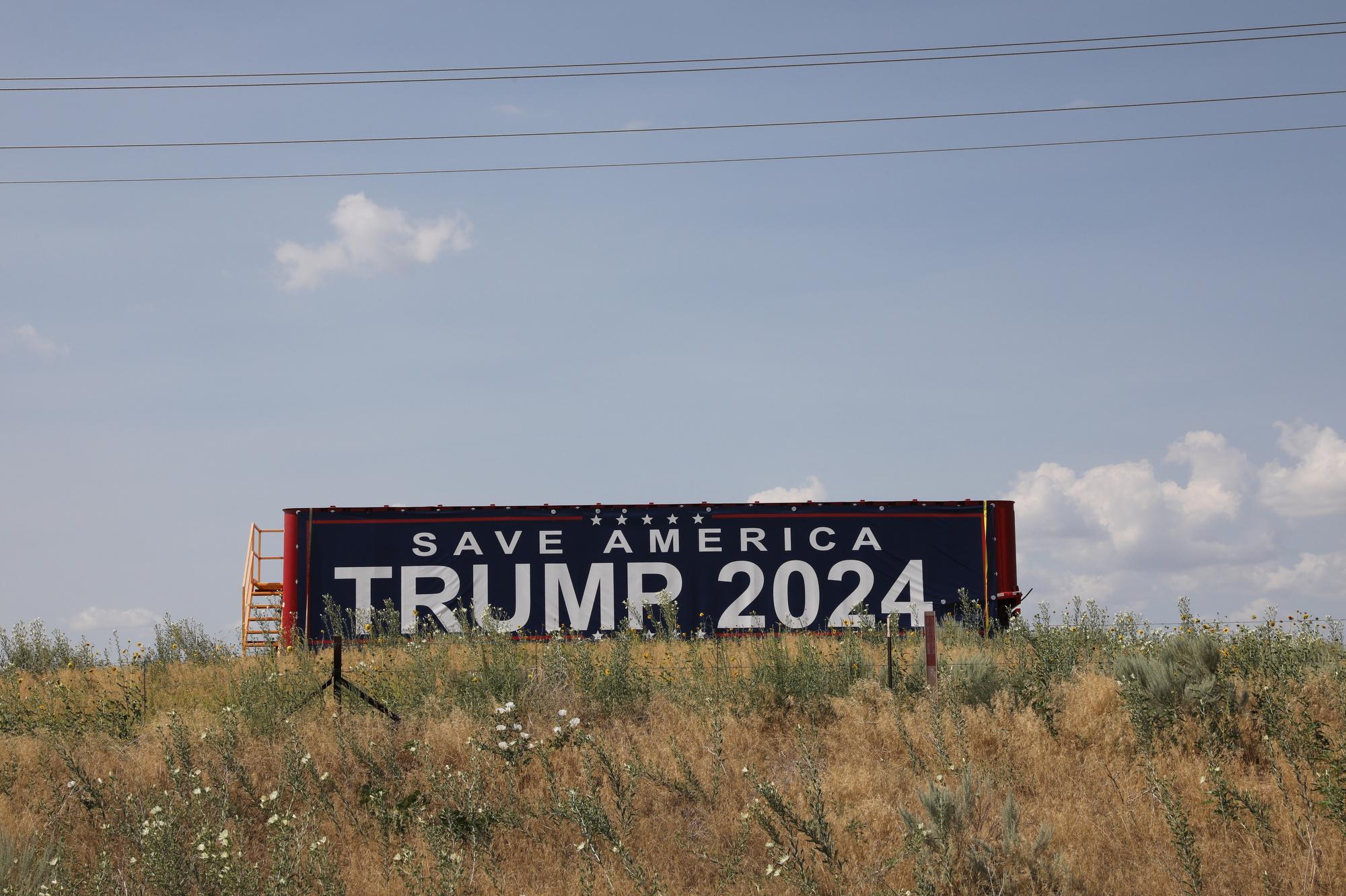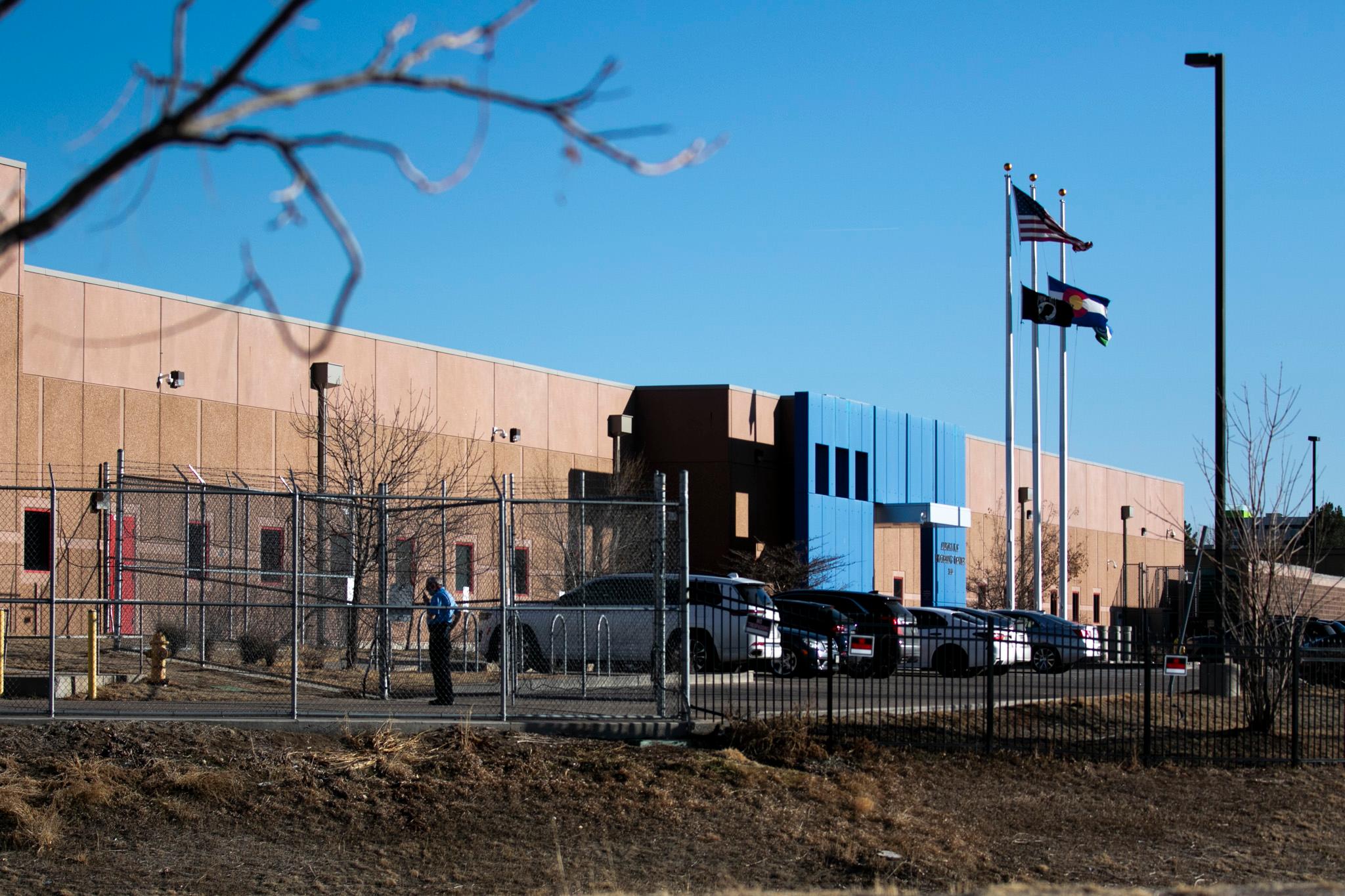
Michigan’s Supreme Court will allow former President Donald Trump to appear on the state’s upcoming primary election ballot. The ruling contrasts with one from the Colorado Supreme court last week that disqualified Trump from this state's GOP primary.
The Michigan justices said Wednesday they will not hear an appeal of a lower court’s ruling from groups seeking to keep Trump off the ballot “because we are not persuaded that the questions presented should be reviewed by this court.”
The ruling contrasts with the Dec. 19 decision by a divided Colorado Supreme Court, which found Trump ineligible to be president because of his role in the Jan. 6, 2021, attack on the U.S. Capitol. The justices in that case concluded that Colorado election law allows the courts to remove ineligible candidates from a party's primary ballot. That ruling was the first time in history that Section 3 of the 14th Amendment has been used to disqualify a presidential candidate.
Since issuing their ruling, Colorado's justices have faced threats, with law enforcement stepping up patrols around their homes.
The Michigan and Colorado cases are among dozens hoping to keep Trump’s name off state ballots. They all point to the so-called insurrection clause that prevents anyone from holding office who “engaged in insurrection or rebellion” against the Constitution. Until the Colorado ruling, all had failed.
Colorado's Republican Party has filed an appeal to the U.S. Supreme Court, which has never ruled on the rarely used Civil War-era provision.
The plaintiffs in Michigan can technically try again to disqualify Trump using the same arguments in the general election, though it's likely there will be a U.S. Supreme Court ruling on the issue by then. The state's high court on Wednesday upheld an appeals court ruling that the Republican Party could place anyone it wants on the primary ballot. But the court was silent on whether Section 3 of the 14th Amendment would disqualify Trump in November if he becomes the GOP nominee.
“We are disappointed by the Michigan Supreme Court’s decision,” said Ron Fein, legal director of Free Speech for People, the liberal group that filed the suit to disqualify Trump in the state. “The ruling conflicts with longstanding U.S. Supreme Court precedent that makes clear that when political parties use the election machinery of the state to select, via the primary process, their candidates for the general election, they must comply with all constitutional requirements in that process.”
Trump applauded the court's decision not to hear the case, calling the effort to keep him off the ballot in multiple states a “pathetic gambit."
Only one of the court's seven justices dissented. Justice Elizabeth M. Welch, a Democrat, wrote that she would have kept Trump on the primary ballot, but added that the court should rule on the merits of the Section 3 challenge. The court has a 4-3 Democratic majority.
CPR's Megan Verlee contributed to this story.









